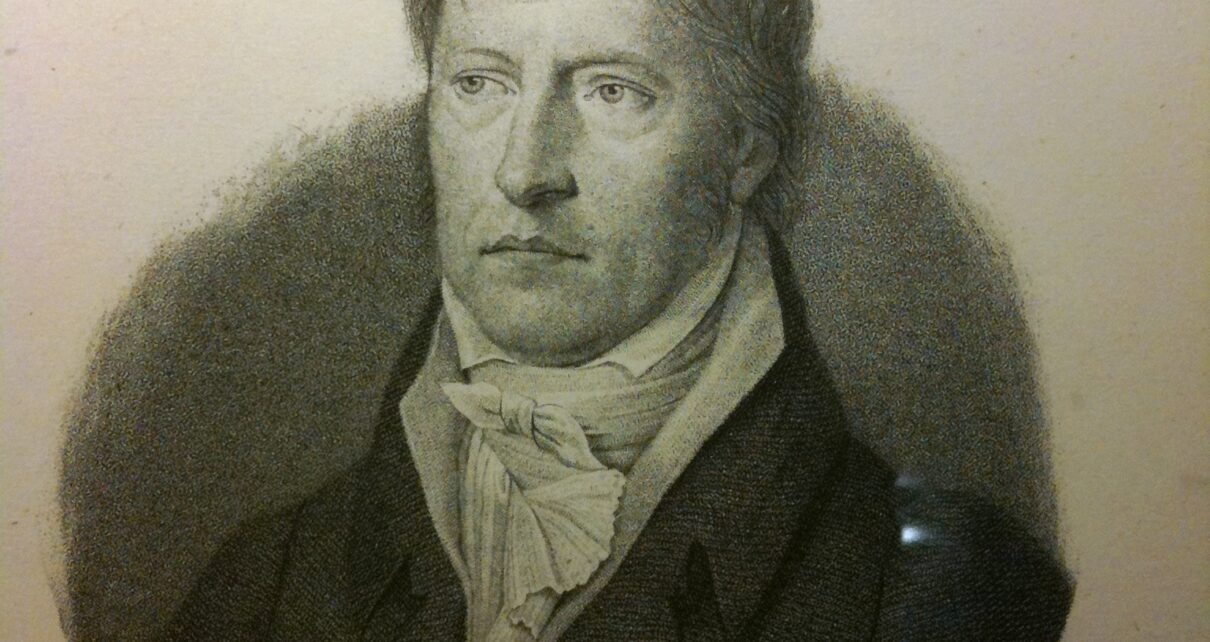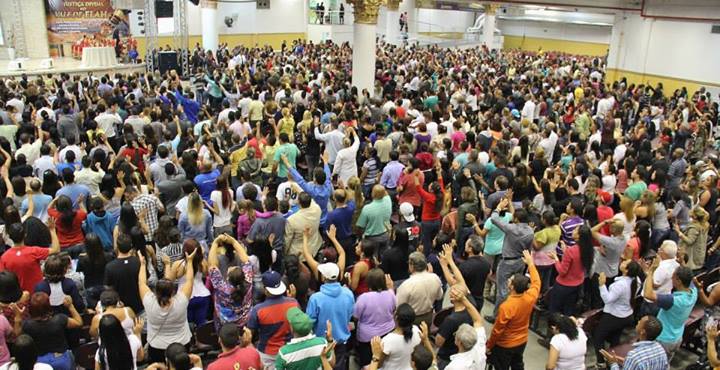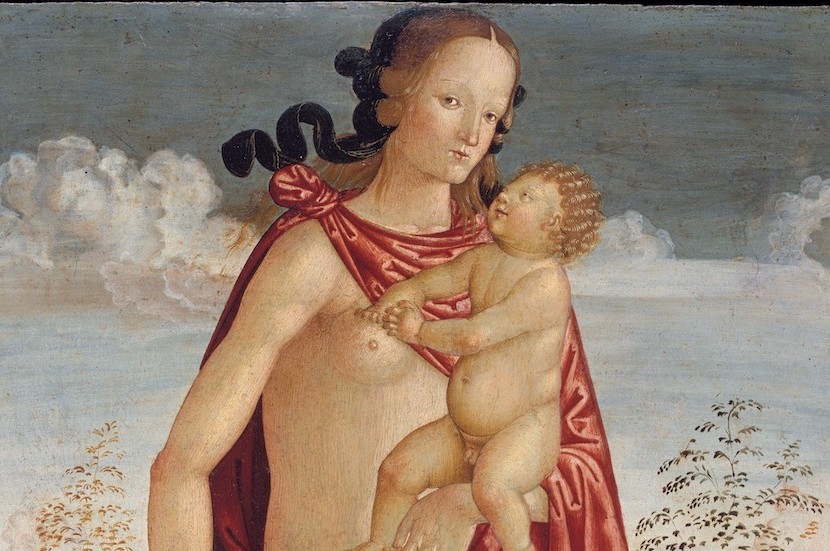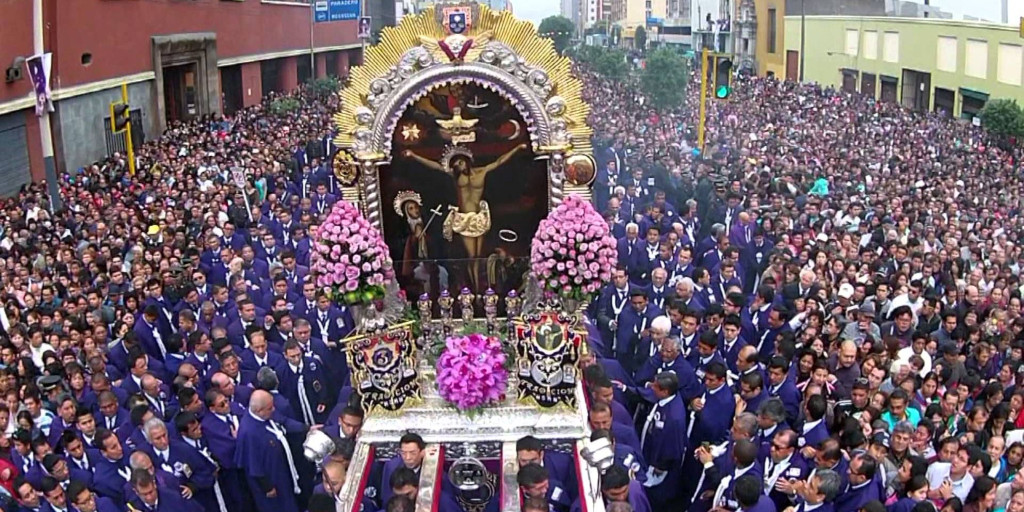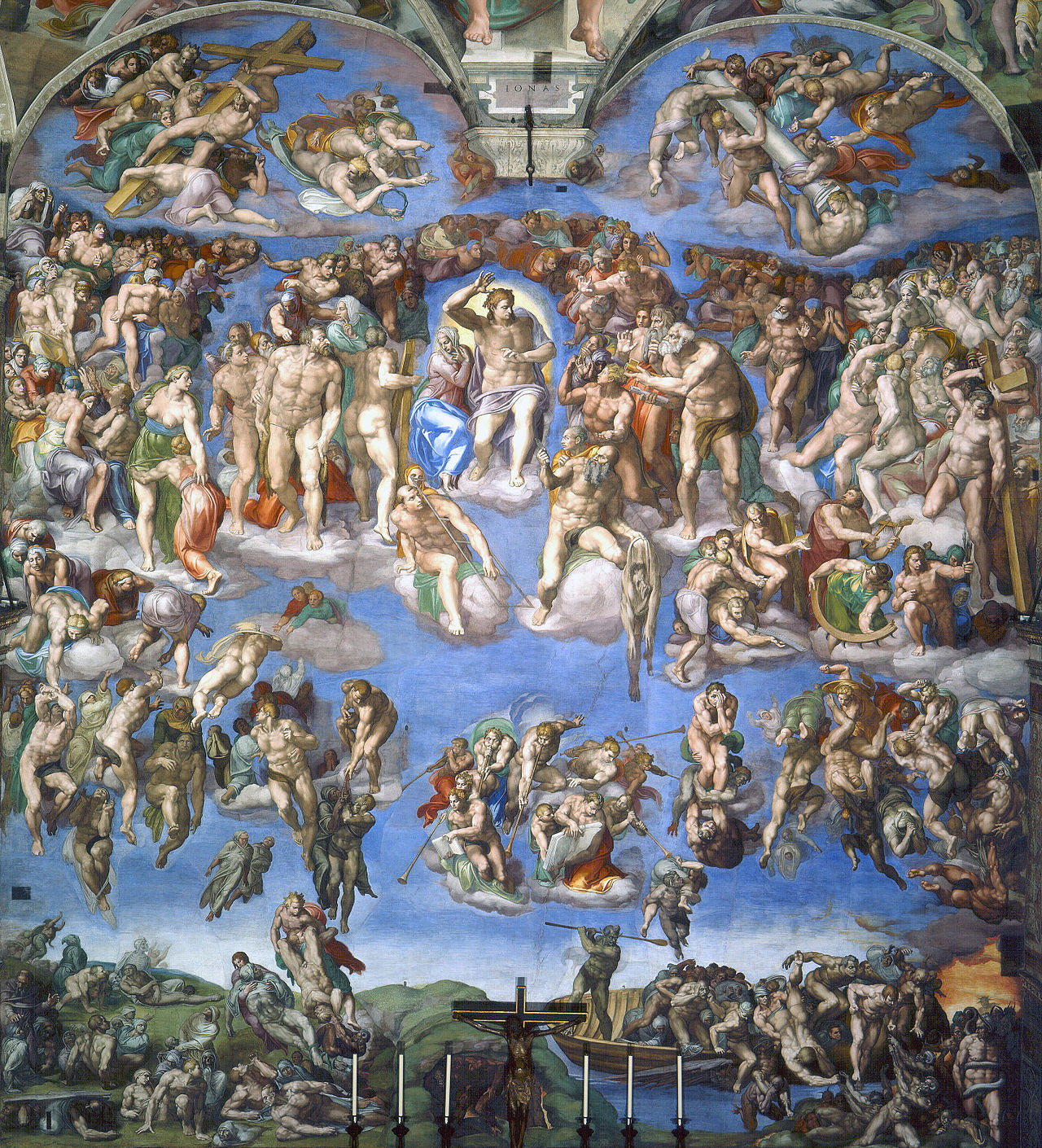The following is the first of a three-part series. The earlier article by Prof. Hyman to which the author replies can be found here. Gavin Hyman’s ‘The ‘New Hegel’ and the Question of God,’ in the Journal for Cultural and Religious Theory [1] raises the age old and yet still timely question about the knowability […]
Tag: Christianity
Rapture Music – Intensity And Eschatology Within Christian Revival Movements, Part 1 (Fraser Macdonald)
The following is the first of a three-part series. The full article is also available in the Spring 2022 issue of the Journal for Cultural and Religious Theory. “Music is never tragic, music is joy. But there are times it necessarily gives us a taste for death; not so much happiness as dying happily, being […]
From Holistic To In-Between Theology – The Ethiopian Evangelical Church Mekane Yesus, Part 3 (Rode Molla)
The comparison between evangelical Christianity and EOC Christianity is their approach to the language. The Westerners use the mother tongue to translate Christianity to the Oromo and other ethnic groups to be converted to evangelical Christianity. The Amharas use the Amharic language and liturgical language Geez, the liturgical language of the EOC, to evangelize and […]
From Holistic To In-Between Theology – The Ethiopian Evangelical Church Mekane Yesus, Part 1 (Rode Molla)
The following is the first of a three-part series. The Ethiopian Evangelical Church Mekane Yesus: Simultaneously Western and Indigenous Even though the Ethiopian Evangelical Church Mekane Yesus has a Lutheran background embedded in the Western context, I argue that the EECMY is both Western and an indigenous Ethiopian church. Fekadu Gurmessa, in Evangelical Faith Movement […]
Geschlecht III – Authentic Faith, Religion, And Politics In Derrida’s Readings Of Heidegger’s “Geist”, Part 3 (Jake Sirota)
The following is the third of a three-part series. The first can be found here, the second here. Derrida’s suspicion of and discomfort with the seemingly politically-motivated dogmatism that we see guiding Heidegger’s understanding of spirit leads us into the common interpretations of Derrida’s religious thinking as being about a sort of theological indiscretion, an […]
“Teach Me To Do What’s Right” – Faith, Hope, And Love As Post-Religious Virtues, Part 1 (A.G. Holdier)
The following is the first of a two-part series. “God is the ‘beyond’ in the midst of our life.” – Dietrich Bonhoeffer[1] “Are you lost, Father?” “Sorry?” “Are you lost?” “No. I suppose not.” – Darlene Sweet and Father Flynn speaking the first lines of Bad Times at the El Royale Classically, philosophers spoke of […]
Modern Theology And The Dialectic Of God, Part 3 (Kelly Maeshiro)
The following is the third of a four-part series. The first can be found here, the second here. Philosophically speaking, Hegel’s Absolute idealism represented another step past Kantian idealism downward from heaven. We have already remarked upon the manner in which Kantian idealism represented a metaphysical descent from traditional speculative metaphysics, a step from heaven to […]
The Religious Significance Of Miracles – Why Hume’s Critique Is Superfluous, Part 3 (Alberto Urquidez)
The Sense of “miracle” That Matters Surprisingly few commentators have advanced this basic criticism against Hume’s argument. One glaring exception is the Wittgensteinian philosopher of religion, D. Z. Phillips.[1] In The Problem of Evil and the Problem of God, Phillips puts things this way: “In the case of certain miracles, it is a necessary condition […]
Revolutionary Love – Kierkegaard’s Gift Economy As A Religious Corrective To The Leveling Of The Public Sphere, Part 2 (Andrew Ball)
The following is the second insatallment of a three-part series. The first can be found here. Kierkegaard’s Agapic Gift Economy In his late authorship Kierkegaard articulates the social ontology that has implicitly grounded his previous works, calling for his readership to reassess the site and mode of Kierkegaard’s beginnings, the starting point of existential relation. […]
The Hollow Christians Of End Times Fiction, Part 2 (Paul Maltby)
The following is the second of a three-part series. The first can be found here. End Times fiction’s unrelenting focus on human sinfulness and unworthiness, a focus that reflects the defining tenet of fundamentalist anthropology, leaves out of account the doctrine of the Imago Dei. For example, the doctrine is cited only once in the […]
